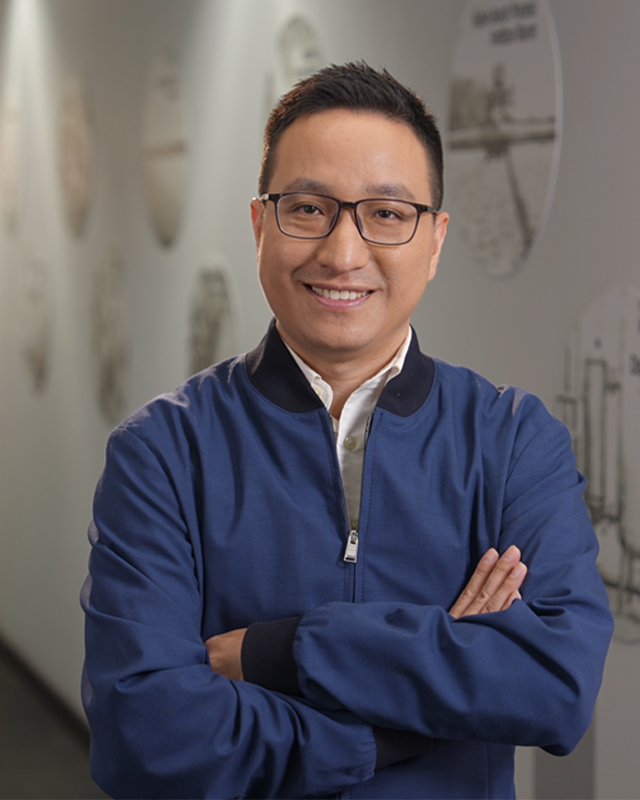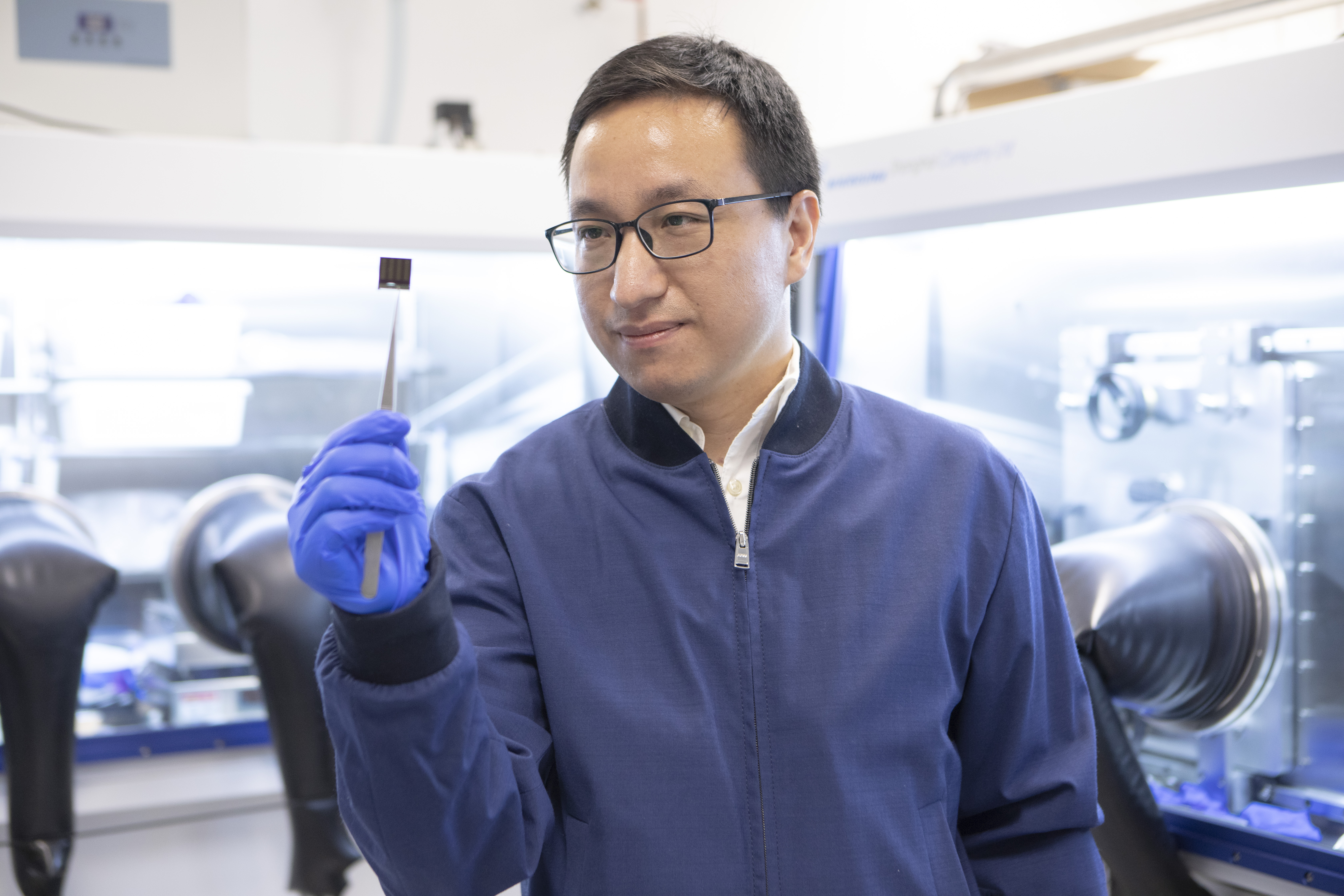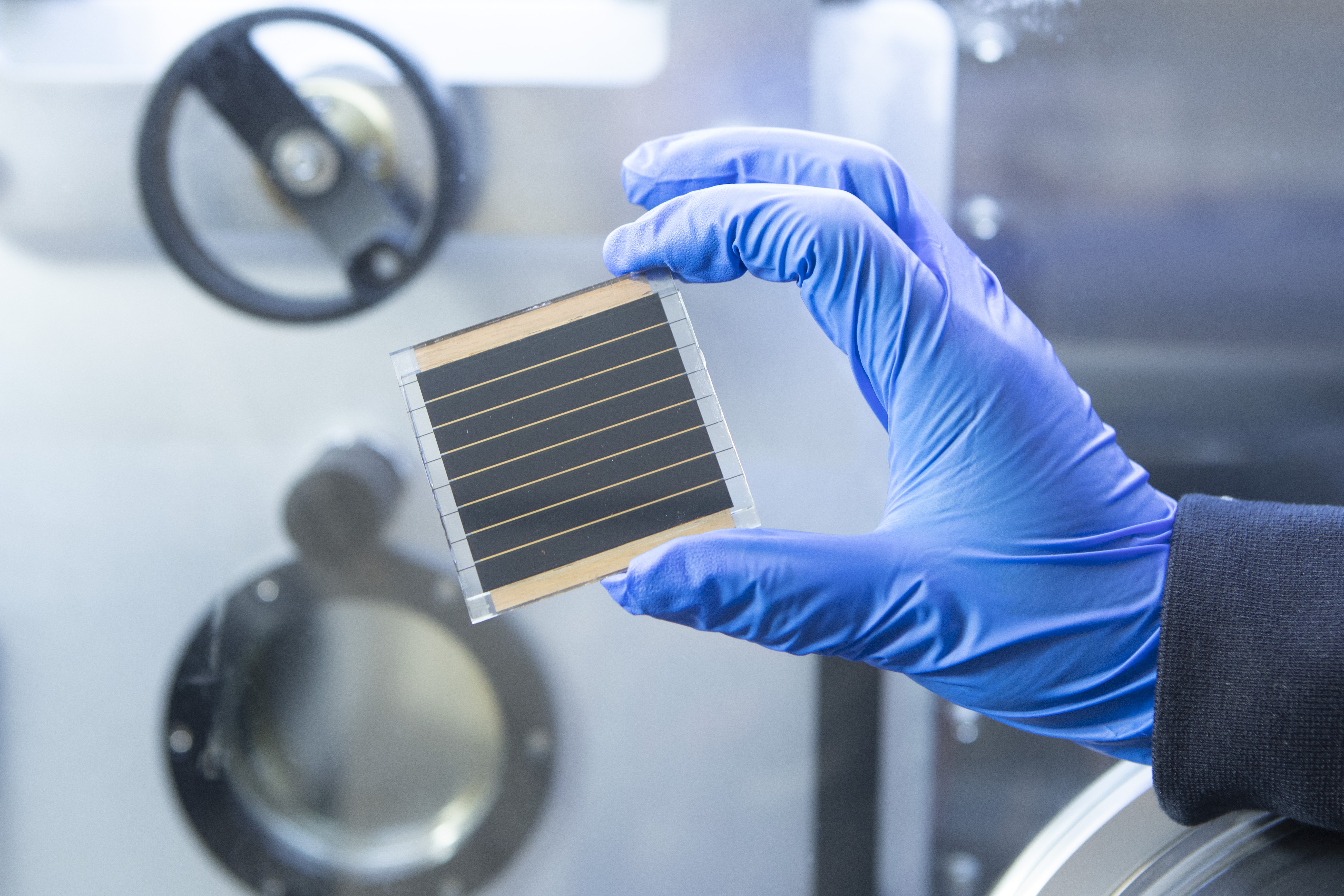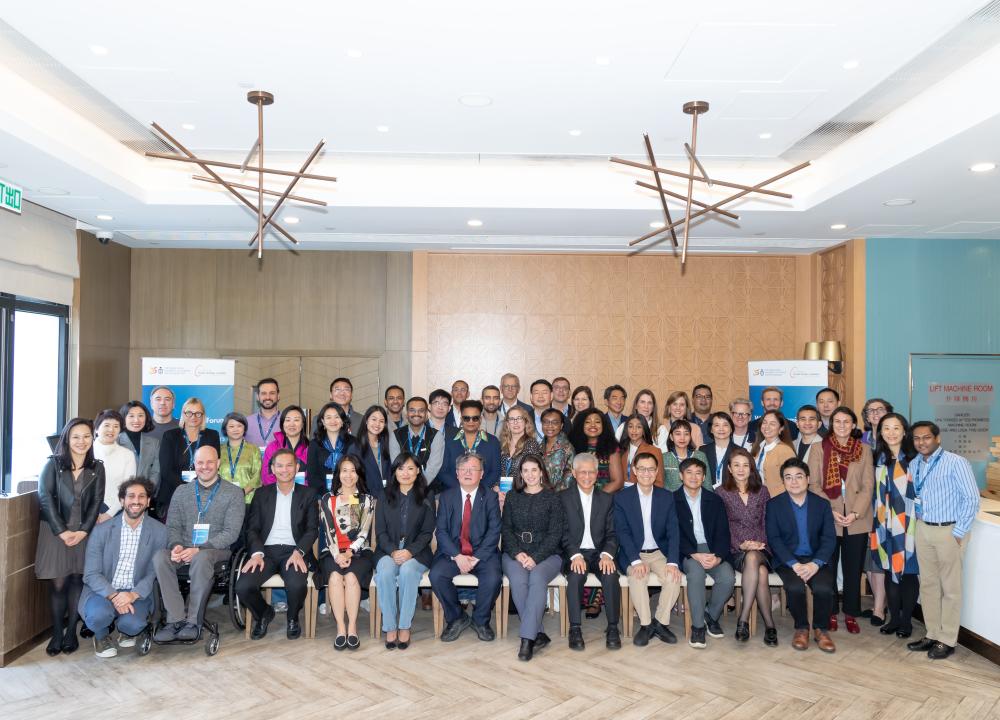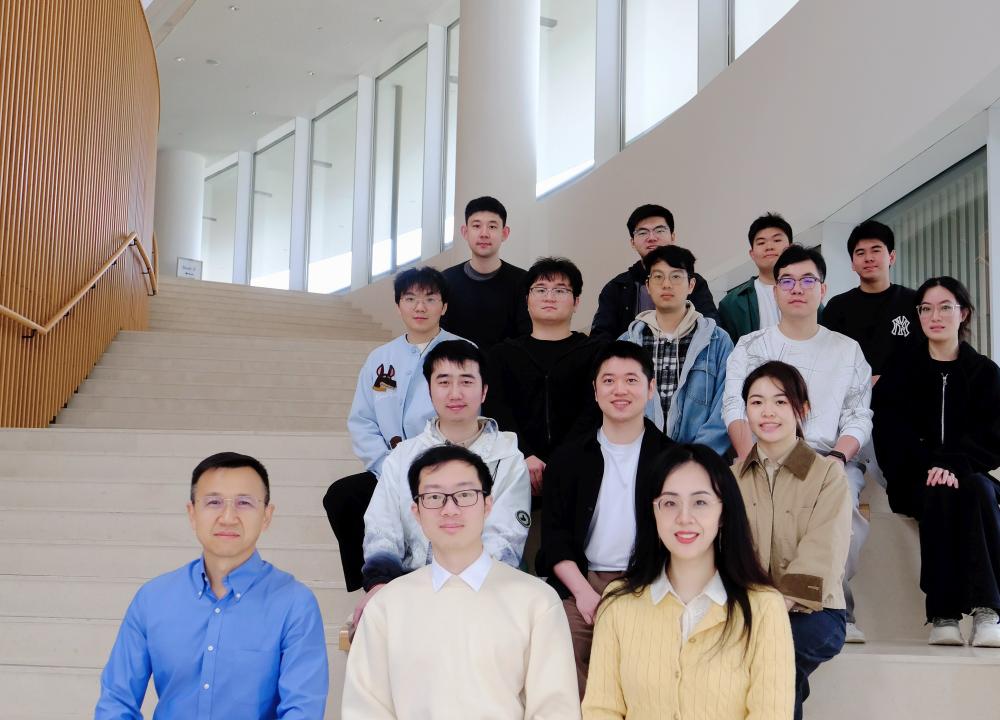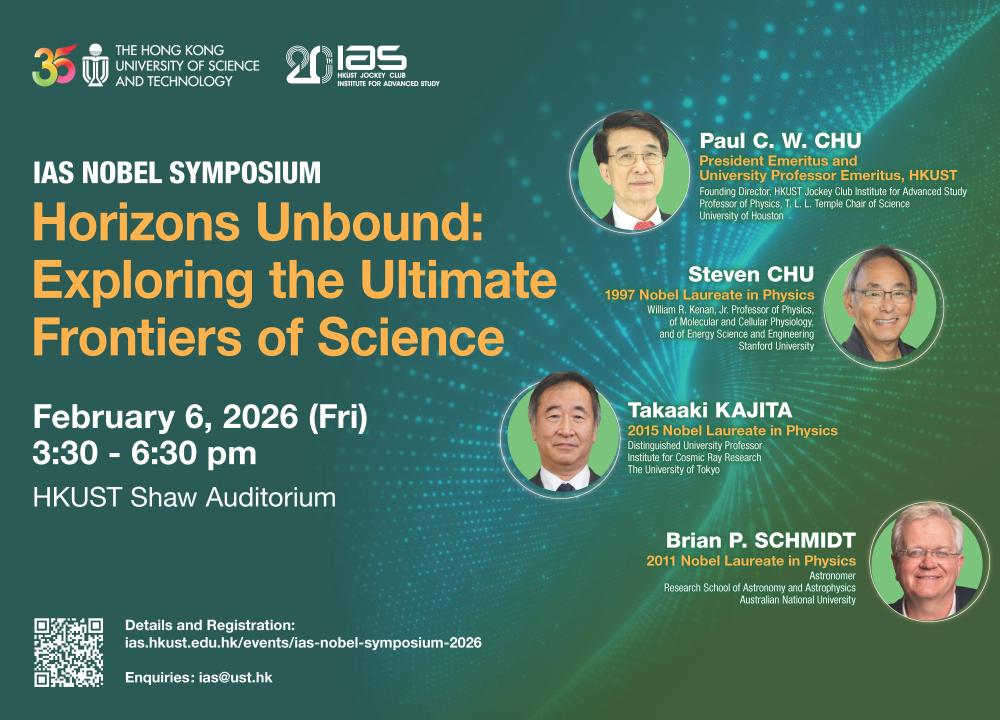The Architect of New Materials: Let There Be Better Solar Cells
For many, remaining within the familiar confines of our expertise, or let’s say comfort zone, is the norm, even momentous goals have been achieved. But it is not the case for Professor ZHOU Yuanyuan. He refuses to rest on his laurels and is working hard to expand his research scope. In the face of the challenges of commercializing the promising solar technology, he is never a quitter.
In his newly rebuilt laboratory on the HKUST campus, Prof. Zhou, Associate Professor of HKUST’s Department of Chemical and Biological Engineering, who joined the University under the prestigious “30 for 30” talent acquisition campaign, has been leading his team to research new materials, making steady strides towards his goal of popularizing the use of sustainable energy in our daily life.
Completely absorbed in their experiments, the researchers were fiddling with a range of precision instruments, studying and analyzing in minute detail the properties of an advanced material called “perovskite”. This new material can be used to fabricate light-weight, sheet-like perovskite solar cells with potentially higher power conversion efficiency at a lower cost, as compared with its silicon-made counterparts that currently dominate the market.
“The production of conventional silicon solar cells is costly and complicated, while perovskite solar cells, as a thin-film photovoltaic technology, can be easily fabricated based on low-cost solution coating at an extremely low cost, demonstrating great potential for commercialization,” explained Prof. Zhou.
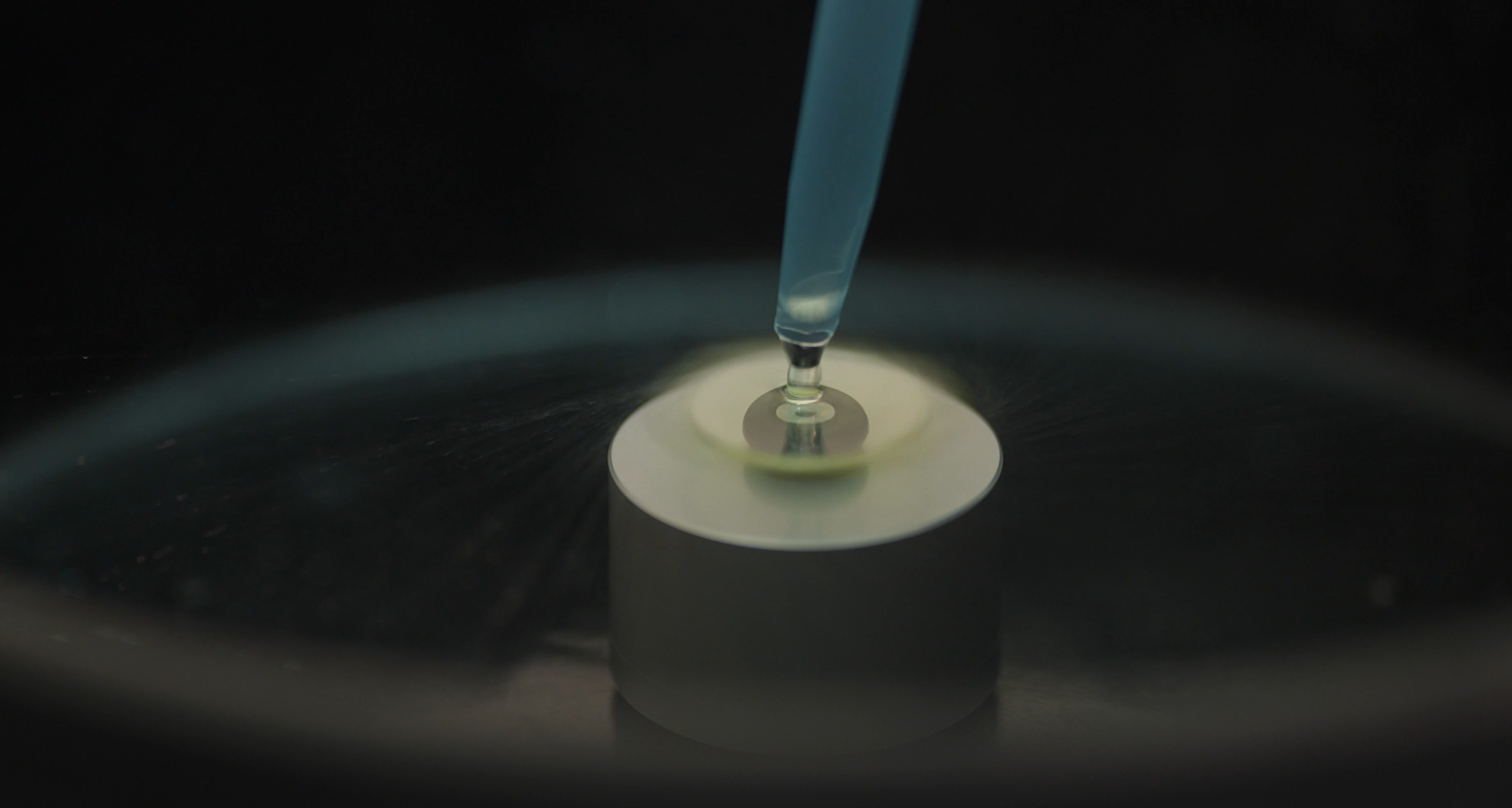
Leading a team of more than 10 creative young researchers with different areas of strength, Prof. Zhou’s research interests fall within the scope of materials science, an interdisciplinary field aiming to spawn new products that can transform the way we live. “In addition to producing solar cells, we are also exploring the potential of perovskites and their derivatives in other areas, such as powering up wearable biomedical devices and advancing low-dose radiation imaging, supporting HKUST’s advancement on the medical front,” Prof. Zhou continued.
During the past few months, his research group has already achieved several breakthroughs to enhance perovskite’s stability and device durability, overcoming the major hurdles that hinder this material’s applications in real life. “Leveraging HKUST’s thriving start-up culture and exceptional industry-academia ties, we aspire to commercialize our innovations to enable more effective use of solar energy and also provide an energy boost in different industries,” he said.
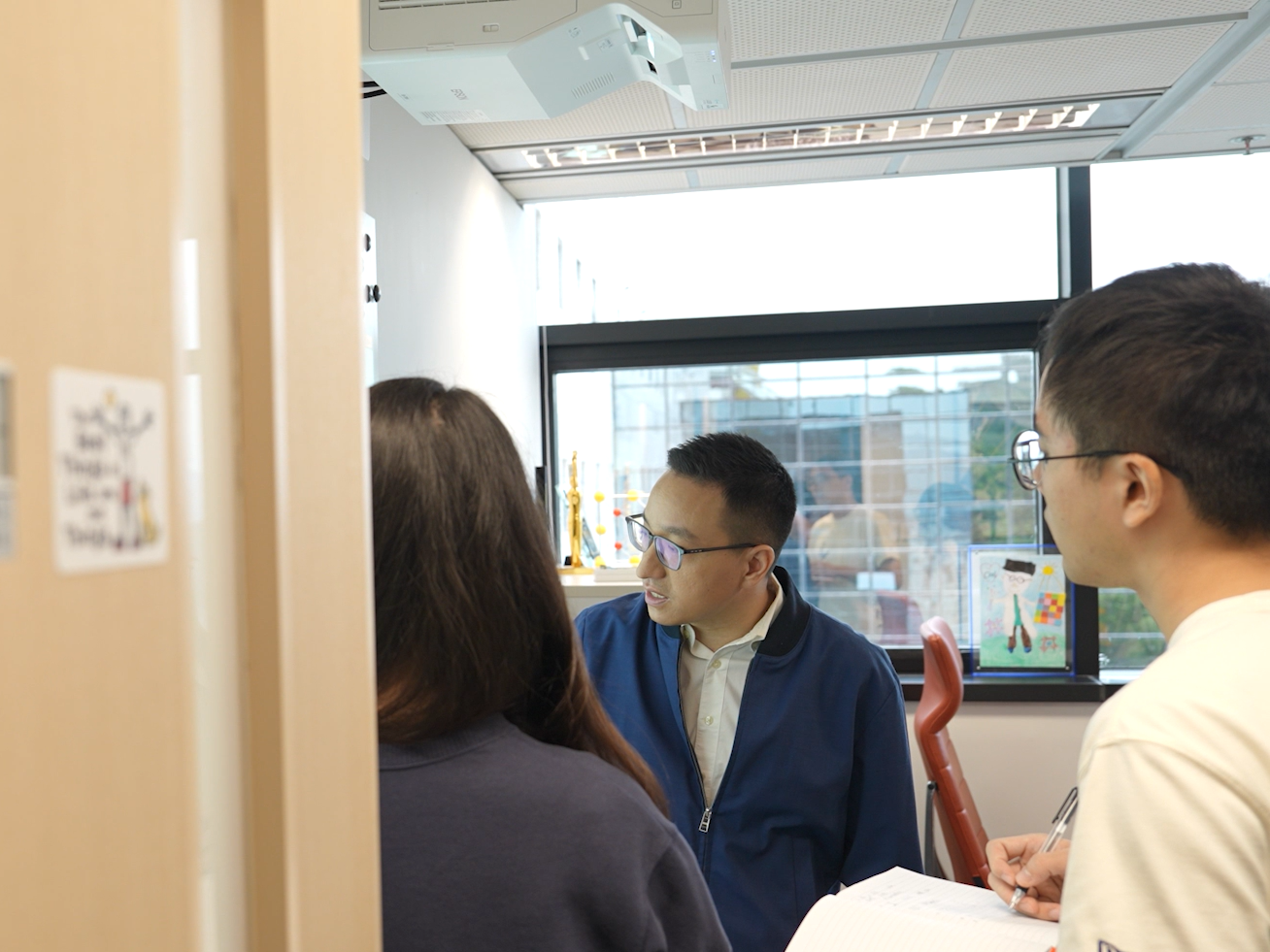
An advanced lab to raise the bar
This laboratory is one of Prof. Zhou’s very first creations at HKUST, as he redesigned every nook and cranny to enhance its research capabilities with state-of-the-art equipment. Tasked with advancing semiconducting materials for sustainable energy, it will add fresh impetus to the University’s progression along the research focus of “Material Science and Future Energy”.
Prof. Zhou is determined to transform the conventional materials research methodology by leveraging artificial intelligence (AI). Therefore, he welcomed a Machine Materials (M²) Scientist into his research group in November 2024. The M² Scientist is the first robotic arm-based AI platform in Hong Kong for self-driven materials synthesis and characterization, aiming to boost materials-research efficiency and potentially develop a disruptive materials discovery methodology. “Our laboratory is designed to embrace latest technologies, including AI, to push the forefront of materials and device innovations more swiftly. The world-leading role of HKUST in AI is a strong basis for our ongoing laboratory upgrade. Our long-term vision is to let our M2 scientist be one of our most capable lab members, who can start the materials synthesis, examine the properties, and then to think and revise the synthesis recipe towards improved materials,” Prof. Zhou said.
He especially nodded his appreciation to HKUST’s swift support for new faculty, adding: “The University is willing to provide full support to the faculty’s new initiatives, giving us great flexibility to pursue academic excellence in diverse directions. Colleagues here offered me all sorts of advice on lab design and legal requirements, making every effort to avoid interruptions to our research progress.”
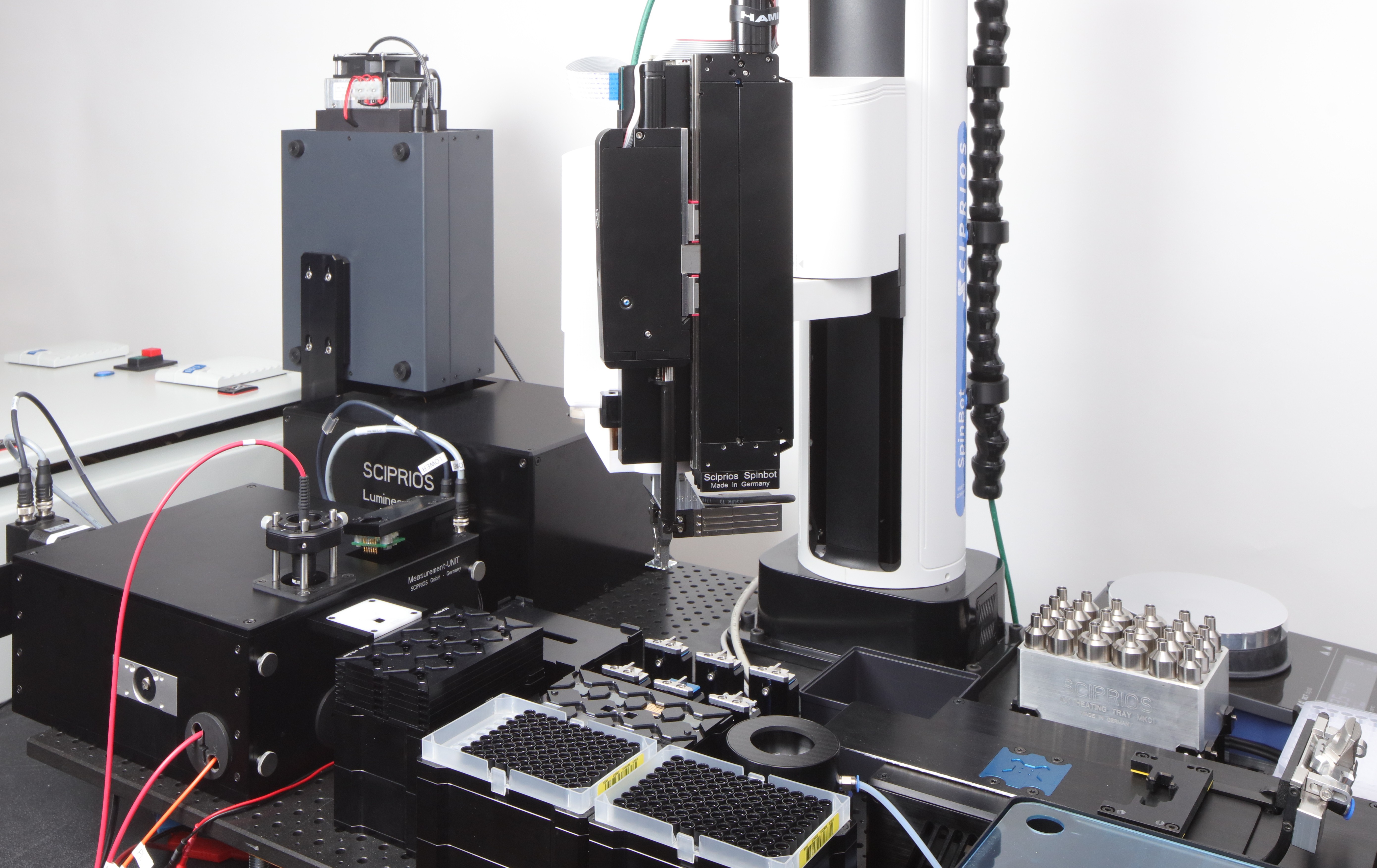
Never cease to think
The transformational power of materials science to our living is one that constantly fuel Prof. Zhou’s burning ambitions for new inventions to improve our living. But the first step in this journey doesn’t come easy, as fledgling postgraduates often struggle to pinpoint their research focus amidst the vast expanse of terra ignota in this field.
Prof. Zhou could still vividly recall that he had been racking his brains for more than a whole year to decide the research topic for his PhD thesis. That experience is so deeply imprinted on his mind that he has since nurtured a habit of ceaseless thinking. “It is commonplace for scientists to encounter such agony at some point of their research journey, and the way to solution can only be achieved by thinking non-stop,” he said.
While guiding his students, Prof. Zhou often leaves his students in such predicament before clearing the fog for them. “I always motivate my students to keep thinking, from the third-party’s perspective, about what their values are and how unique their ideas are. They may be struck by a brilliant idea at the most unexpected moment. Recently, a fantastic research topic dawned on me when I woke up from bed,” he shared, breaking into a fit of laughter.
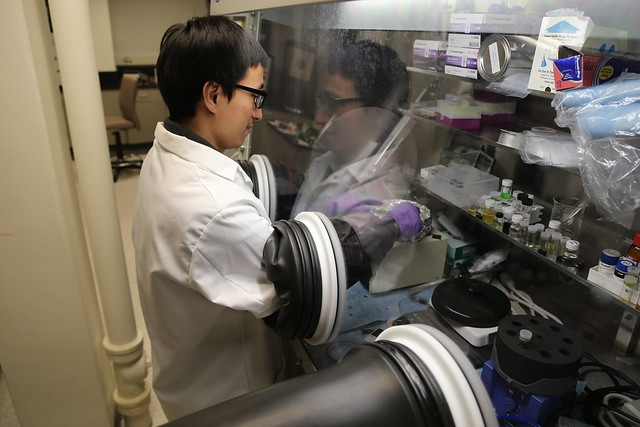
A second home on campus
Before coming to Hong Kong, Prof. Zhou completed his PhD degree in materials science and engineering at Brown University in the United States, then kicked off his career as a research assistant professor there. In his first encounter with HKUST, he immediately fell in love with the tranquillity and natural scenery of the campus, which he considers essential for an intense thinker like him.
Presently residing at a faculty residence on campus, Prof. Zhou finds joy in savoring his homemade dishes, after which he takes a pleasant stroll back to his laboratory, immersing himself again in the numerous research projects. “I love being in my own lab, as if it is my second home,” he said, wearing a warm smile at every mention of his little haven on campus.
His eyes, brimming with passion and enthusiasm, hint at the countless research ideas swirling in his mind, perhaps already envisioning the next big thing that is going to shape the future.
